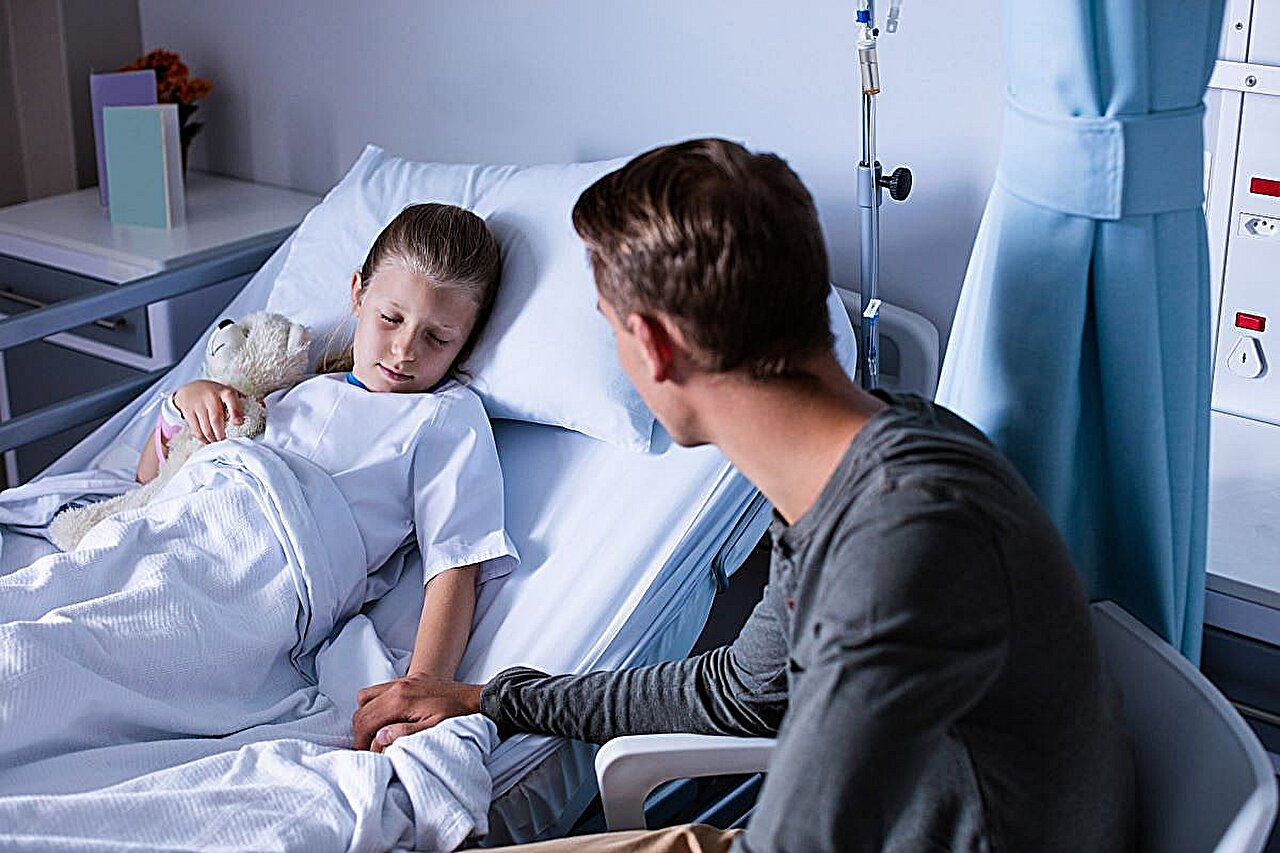
Receiving a cancer diagnosis is hard. Sharing it with children feels harder. This conversation is very tough. Parents often feel lost. How much should you tell them? What words should you choose? Protecting them is your instinct. But honesty is also important. They sense changes and worry. Prepare yourself for this talk. It’s a moment of truth.
How to Talk to Children About a Cancer Diagnosis
Talking to children about cancer diagnosis needs care. It’s a delicate, important task. Their age guides your approach. Younger kids need simple facts. Older ones can handle more detail. Focus on clear, calm messages. Reassure them about your love. Emphasize you’ll face this together. This conversation sets the tone. It builds trust and understanding.
Choosing the Right Time and Place
Pick a quiet, private moment. Find a familiar, safe setting. Avoid distractions like TV. Make sure you have enough time. Don’t rush the conversation. Be prepared for their reactions. This isn’t a one-time talk. It’s an ongoing dialogue. Choose a moment when you’re calm. Your composure helps them too. Feeling rushed isn’t ideal.
Using Simple, Honest Language
Keep your language simple. Use words they understand. Avoid medical jargon completely. Explain cancer clearly. Say it’s a “sick part” of the body. Emphasize it’s not contagious. Tell them it’s not their fault. Children often blame themselves. Use direct, honest terms. “Cancer” is better than vague words. They need to know the truth.
Addressing Their Fears and Questions
Children will have many questions. Answer them patiently and honestly. They might ask if you will die. Reassure them about treatment goals. Explain doctors are working hard. Validate all their feelings. Fear, anger, sadness are normal. Don’t dismiss their worries. Listen more than you speak. Their perspective is important. Be prepared for silence too.
Explaining Treatment and Side Effects
Describe your upcoming treatment. Explain it helps you get better. Talk about potential side effects. Hair loss, fatigue are common. They might see you change. Prepare them for these changes. Show them pictures if it helps. Explain why you might look different. Reassure them it’s temporary. It’s part of the healing process.
Maintaining Routine and Stability
Keep routines as normal as possible. Children thrive on predictability. School, activities, mealtimes help. Stability reduces their anxiety. Involve family and friends for support. Ask for practical assistance. This maintains consistency for kids. Their sense of normalcy is vital. It helps them feel secure. Life goes on, even through this.
Encouraging Open Communication
Encourage them to keep talking. Let them ask new questions. Create a safe space for feelings. Check in with them regularly. Ask how they are feeling. Observe their behavior closely. Changes might signal distress. Be present and available always. Your open door is comforting. Their trust is invaluable. Keep lines of communication open.
Seeking External Support
Don’t hesitate to seek help. Child life specialists can assist. They explain things to children. Therapists offer coping strategies. Support groups are invaluable. Organizations like “CancerCare” help. They provide resources for families. Your child might need extra support. You don’t have to do it alone. Professionals understand this. Embrace all available help.
Understanding Different Age Responses
Ages impact responses greatly. Toddlers notice changes in routine. Preschoolers might fear contagion. School-aged kids need clear facts. They can understand more details. Teenagers might feel angry. They could withdraw or rebel. Tailor your message to their age. Observe their specific reactions. Be flexible in your approach. Each child is unique.
Reassuring Them About the Future
Reassure them about the future. Focus on hope and strength. Explain the doctors’ dedication. Talk about getting better. This doesn’t mean promising a cure. It means emphasizing effort. Discuss plans for after treatment. Give them things to look forward to. Your optimism can be contagious. It provides a sense of hope. This journey has an end.
Taking Care of Yourself
Remember to care for yourself. This is an incredibly tough time. You need your own support system. Seek help from loved ones. Talk to a therapist too. Manage your stress levels. Your well-being impacts your children. You cannot pour from an empty cup. Be kind to yourself through this. Prioritize your mental health. It benefits everyone.
Long-Term Communication and Adaptability
Communication continues long-term. As children grow, their understanding changes. Be ready to revisit discussions. Adapt explanations as needed. New questions will surely arise. Their emotions will evolve too. Be patient and understanding always. The journey is ongoing for all. Your bond will grow stronger. Embrace this shared experience.
Remembering It’s Okay Not to Have All Answers
It’s okay not to know everything. You don’t need perfect answers. Be honest about uncertainties. “I don’t know” is a valid reply. Reassure them you’ll find out. This shows honesty and humility. It makes you relatable too. Your vulnerability builds connection. It teaches them resilience. Just be present with them.
